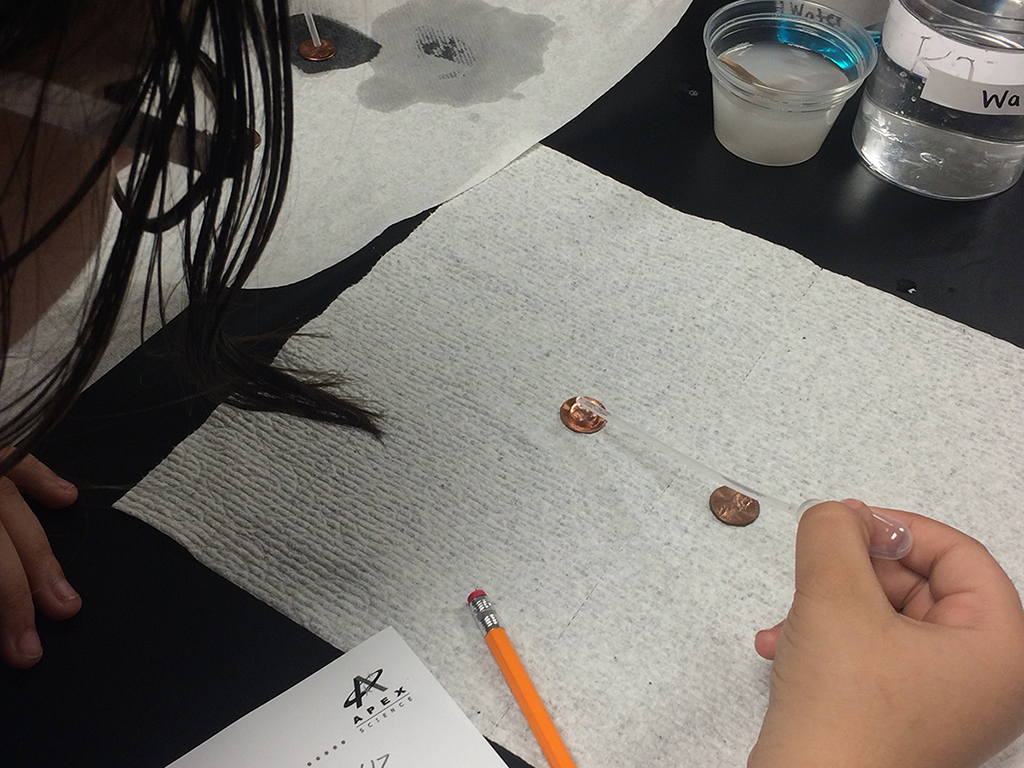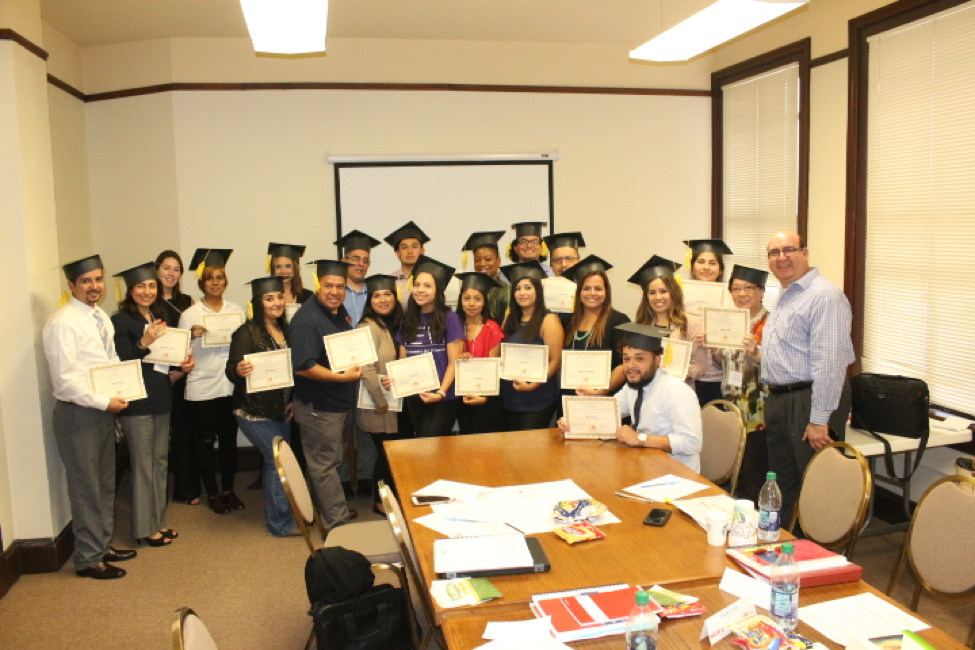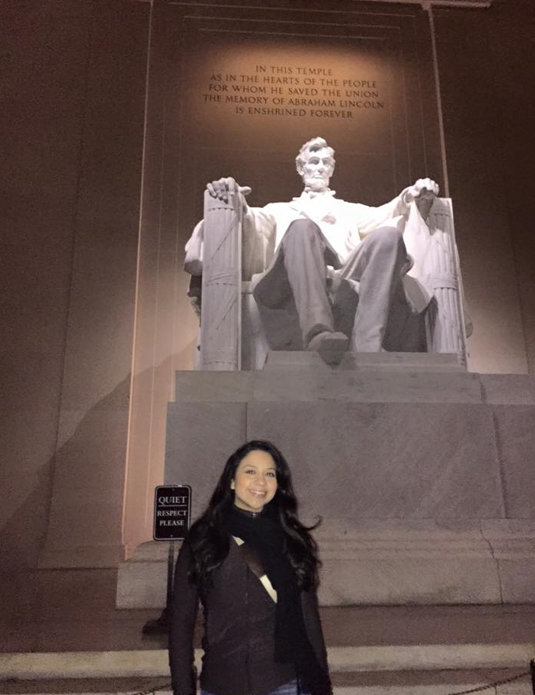NCLR Educators Invest in Informal Science Education

Last month, NCLR welcomed its new cohort of CHISPA 2.0 educators to Fort Worth, Texas, for three days of STEM engagement.
The CHISPA (Children Investigating Science with Parents and Afterschool) program works to increase STEM learning among Latino youth, and encourages parental involvement in their children’s education. Through CHISPA, students and parents have an opportunity to foster a greater understanding of the STEM disciplines, and learn new strategies for navigating the education system.
NCLR STEM manager Juliana Ospina Cano, along with two educators from previous CHISPA cohorts, Irma Lopez from New Economics for Women and Rico Harris from the Latin American Montessori Bilingual School (LAMB), led this year’s session. The presenters discussed ways to implement CHISPA’s After-School Program Exploring Science (APEX) curriculum, as well as our parent engagement program Padres Comprometidos con CHISPA.
Keep up with the latest from UnidosUS
Sign up for the weekly UnidosUS Action Network newsletter delivered every Thursday.

Participants in the session included 10 educators from NCLR’s Affiliate Network. Though many of the instructors felt daunted by the idea of teaching STEM, their eagerness to learn made the training an enjoyable experience.
Throughout the training, educators practiced the experiments in the CHISPA 2.0 curriculum. On the second day of the training, instructors of the APEX curriculum led a science lesson using Styrofoam cups and strings. The exercise, which closely resembled a game of telephone, explored the concept of sound vibrations from the CHISPA program. Many educators left this activity excited to bring this lesson back to the classroom. “Our kids are going to love this,” said Maria Farias from HELP – New Mexico, Inc.

CHISPA 2.0 educators also received training from Director of Parent and Family Engagement Jose Rodriguez, who trained the new Padres Comprometidos cohort.

Padres Comprometidos con CHISPA gives parents the support and tools they need to participate in their children’s education. STEM is often an intimidating subject for parents, largely because of language and cultural barriers. The CHISPA curriculum works to mitigate these challenges through innovative tactics that strengthen parental engagement.
On the last day of the training, parent liaisons practiced carrying out a Padres Comprometidos lesson, highlighting the need for culturally relevant instruction. When teaching the five states of matter, many parents used ice and water to demonstrate those changes. Through these activities, Latino parents were able to better understand how science is deeply embedded in their own work.

As the convening came to a close, many educators stressed the importance of programs like CHISPA 2.0. Their transformation into confident STEM mentors for children demonstrated the impact of a culturally relevant curriculum and meaningful science engagement. The educators were given certificates at the end of the training to congratulate them on their work. We know they will use this knowledge to continue to inspire their students to discover more about STEM in the future.
We look forward to a productive school year and will continue advocating for more engaging informal science experiences for all families and youth!
For more information on NCLR’s STEM programs, visit the NCLR website.



